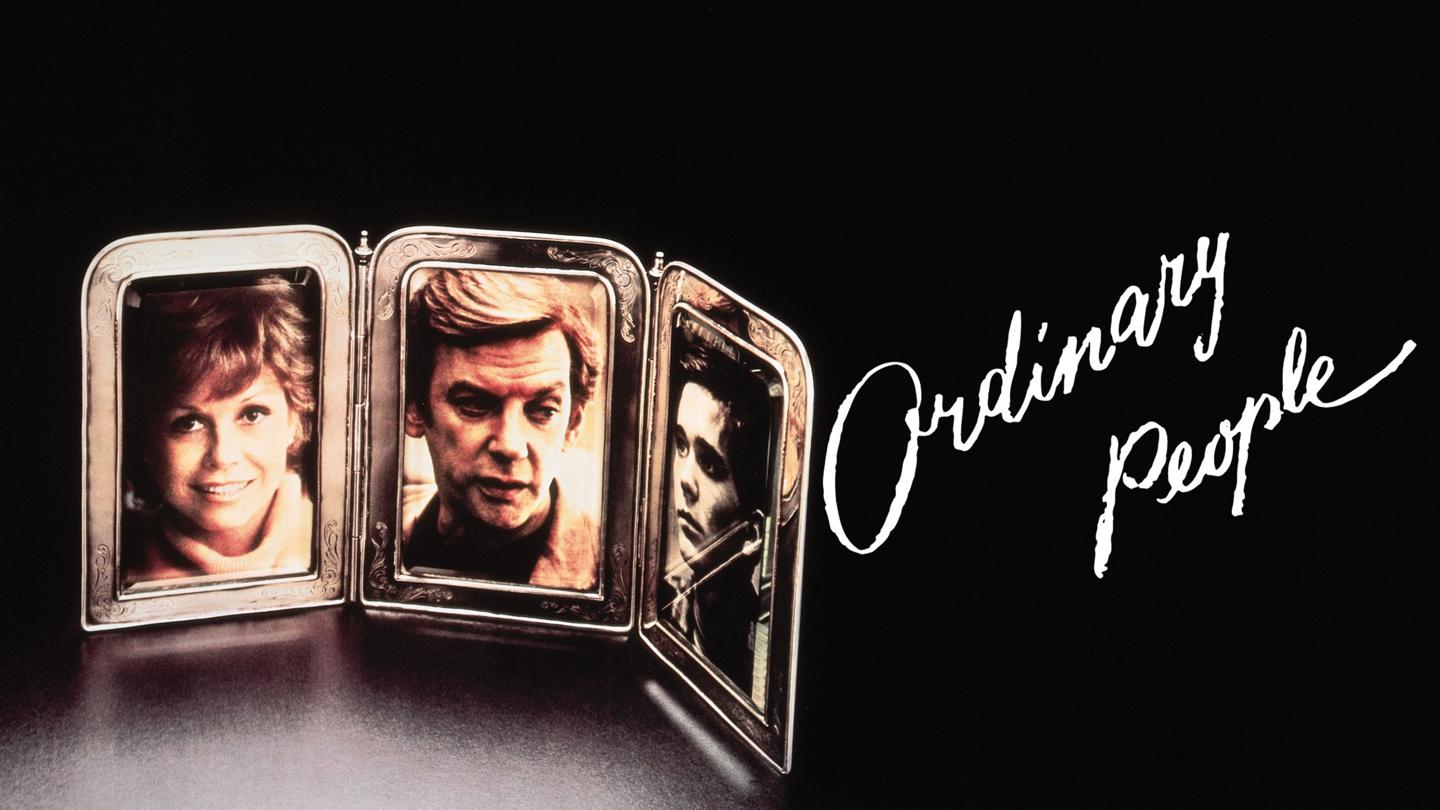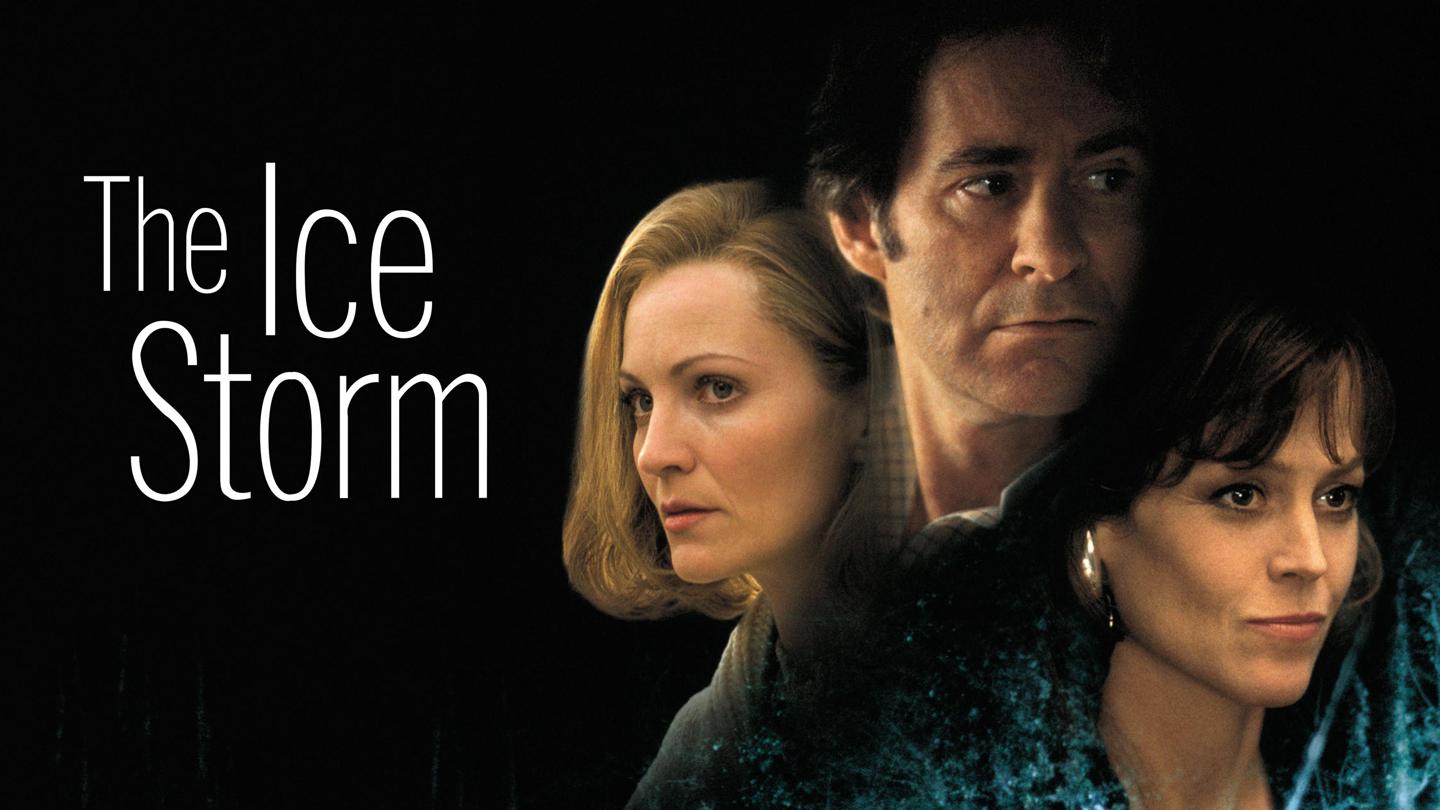
Quick Info
I finally got around to watching "Ordinary People," and I have to say my expectations were complicated going in. It has that daunting Best Picture reputation, but on the flip side, it never quite became a pop culture touchstone like some of its Oscar peers. The story centers on a suburban family quietly self-destructing after the older son's tragic death and the younger son's attempted suicide. It's tight, restrained, and unfolds in a way that’s intimate but never showy.
What hit me immediately was the tone. It’s raw but not in the gritty, in-your-face sense. Instead, everything simmers just below the surface. Robert Redford directs with a sort of gentle distance, almost clinical at times. He leans hard into chilly silences and lingers on the smallest expressions, so you feel every awkward dinner or loaded pause — it all feels uncomfortably real. That restraint is both a strength and a limitation: sometimes I wanted the movie to push harder, to let emotions boil over.
The acting, though, is a big part of why the movie works. Donald Sutherland is all nervous energy and awkward kindness as the dad, and Mary Tyler Moore is simply crushing as the brittle, emotionally armored mother. She’s maybe the most tragic part of the movie because you can see every feeling bottled up so tightly it hurts to watch. Timothy Hutton, as Conrad, the surviving son, is quietly heartbreaking. There’s a therapy scene early on where he cannot even look at the psychiatrist, and the way his voice cracks around basic questions really got under my skin. Judd Hirsch plays the therapist, and while his “caring adult with quirks” role is a bit dated by today’s standards, he gives Conrad’s journey some breathing room.
The movie is visually subdued, leaning into beige suburban interiors and fall colors. This works thematically — the blandness of the set speaks volumes about the family’s attempts to keep life “normal.” But let’s be real, it can get a little visually numbing after a while. I found myself craving even one overt stylistic risk or color pop to break the monotony. That said, some moments really land, like the scene of Conrad alone in the kitchen, shot in soft morning light, which says more about isolation than a dozen lines of dialogue.
Pacing-wise, "Ordinary People" is definitely on the slower side. I was surprised how much of the runtime is deliberate, almost meditative. There are lots of one-on-one conversations, and sometimes you’re just sitting with a character’s discomfort for a full minute. I get that it’s being true to the process of grief and gradual healing, but it does toe the line of feeling stagnant, especially in the second act. If you like tight plotting, you’ll probably be frustrated here.
One of my bigger gripes is that the film shies away from really holding the parents (especially the mother) accountable in a satisfying way. There’s a ton of empathy, but I sometimes wanted the writing to dig further into the roots of the family’s dysfunction — it lets certain characters off the hook, or at least lets their pain fester without much hope for insight. This isn’t a knock on Moore’s performance, which is outstanding, but more a critique of how safe the script plays it.
Still, the emotional impact is hard to deny. The movie nails what grief does to family dynamics, how it makes everyone slightly alien to each other. Even the awkward little moments — like a half-hearted “goodnight” in the hallway or a missed handshake — feel heavy. When it does go for an emotional release, it lands, maybe because you’ve had to sit with that tension for so long.
Returning to it so many years later, "Ordinary People" feels like a bit of a time capsule. It’s not flashy. It’s not fun. But it is honest, and it pays close, sometimes painful attention to the ways people break under pressure. It’s a drama for people who can handle discomfort. That’s probably why, decades later, it still packs a punch, even if it’s more of a slow bruise than a knockout.
The R8 Take
If you liked “Manchester By The Sea,” this one will stick with you in a similar, quietly devastating way. It’s a tough sit but deeply rewarding — you won’t leave unchanged.
---



